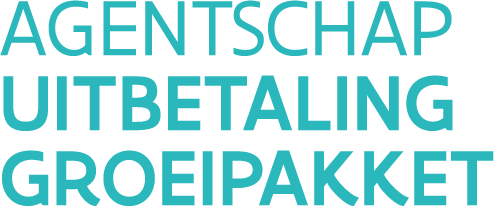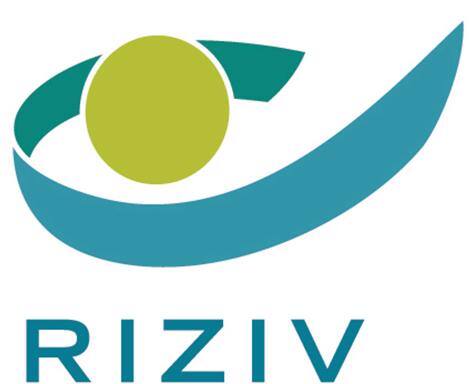Cegeka Application Services
Application Services that drive business value and time to market
Need to develop, integrate or maintain your business applications? Gain a competitive edge with custom-built, AI-enabled Application Services - designed for speed, security and lasting impact. Delivered by reliable, right-shored teams using smart automation and proven delivery practices.
/1.%20Visuals/Website/Germany/03%20-%20Cases/logo%20fluvius.png)


/1.%20Visuals/Website/Germany/03%20-%20Cases/carglass.png)






